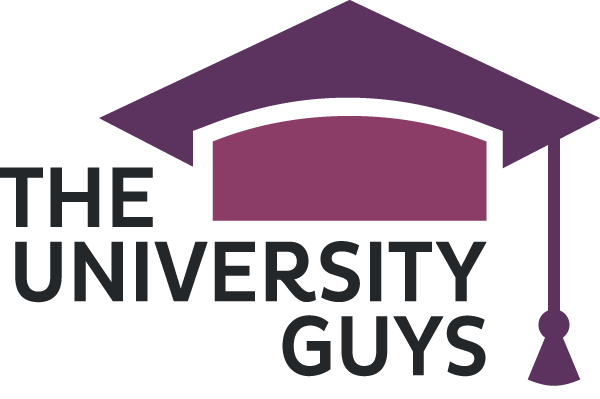Increasingly, students at schools across the UK are starting to look more and more at international university options. The US continues to be the big draw, helped by media ubiquity, the availability of sports scholarships and the high rankings held by some of the most well-known universities. However, more and more schools are finding that their students are interested in applications to universities in many other countries, realising that their ‘best fit’ university might not be in the UK.
The Dutch universities have worked very hard to raise awareness of the English-taught pathways there, with research universities, universities of applied sciences and university colleges all offering distinct methods of education that are not as easily available in the UK. Following this, other regional groupings are starting to promote their country’s offerings, with a plethora of excellent options now available in Spain, Italy, Scandinavia and Eastern Europe.
At the same time, a group of European private universities, the European Universities Consortium, has been quietly promoting themselves. Led by IE University – one of the world’s top-ranked business schools – with their team of staff based in London, they have educated students across the UK about the ability to get a different style of degree in Europe, something which has increased in the last year as the entire EUC – Bocconi from Italy, Modul from Austria, Jacobs and the Carl Benz School from Germany, Ecole hoteliere de Lausanne from Switzerland and Vesalius from Belgium – have conducted school visits as a group in the UK. As of January 2019, Trinity College Dublin have also joined this group, so expect to see them in the UK more in the coming years.
Canadian universities have also been busy with their recruitment events, with the annual EduCanada fair and tour educating students about fantastic opportunities across that vast country. The University of British Columbia have had a member of their recruitment team based in the UK for a number of years, driving considerable interest in Canadian applications.
This is all hugely positive: the more students are aware of the opportunities open to them, the better. Understanding that UK degrees are not the only way that a degree can be structured can help students to make better decisions, and to understand all the various ways in which they can obtain their undergraduate education.
In this way, a student who wants to combine the study of Maths with Sociology and Photography, such as one I am working with this year, can look at the university colleges in the Netherlands, while a student who wishes to combine interests in journalism, communication and Spanish chooses to pursue her education in Madrid. The options are boundless, for students prepared to look beyond the UK model.
As an educational consultant working with students, schools and universities, I can see clearly that we are on the verge of an explosion in interest in this area. The EU referendum has made many students realise that if they want a global future they have to go and get it themselves, and it is a great pleasure to help students and families with their international university applications and to mentor teachers as they build international university programmes at their schools. It can only be a good thing that students consider all the varied options available to them once they leave school, and international universities should be part of this. Hawkins Global Education is available to support students and schools in this, both through visits to schools and through our The University Guy podcast, supporting all those who aspire to a truly global future.









